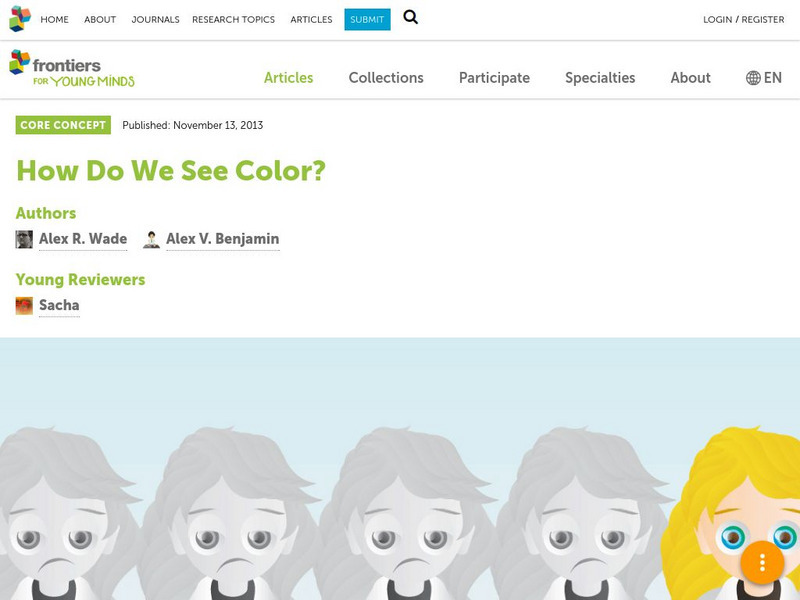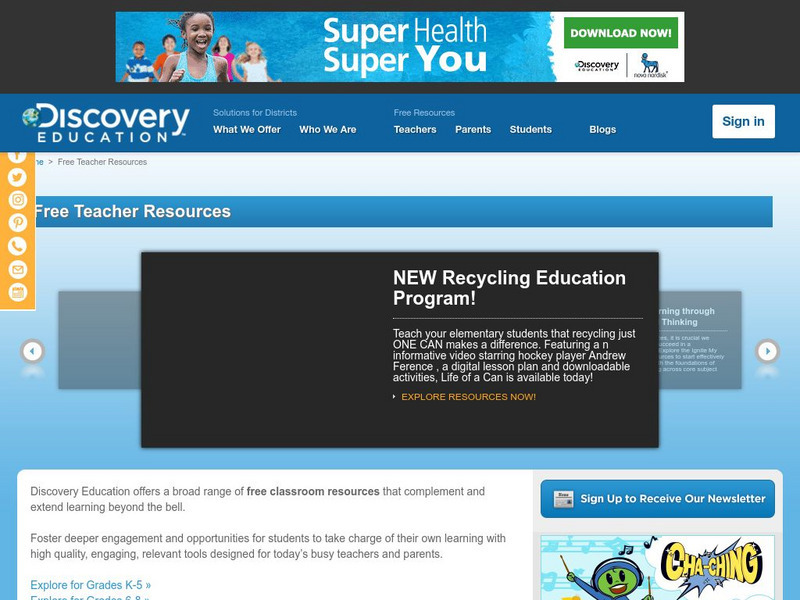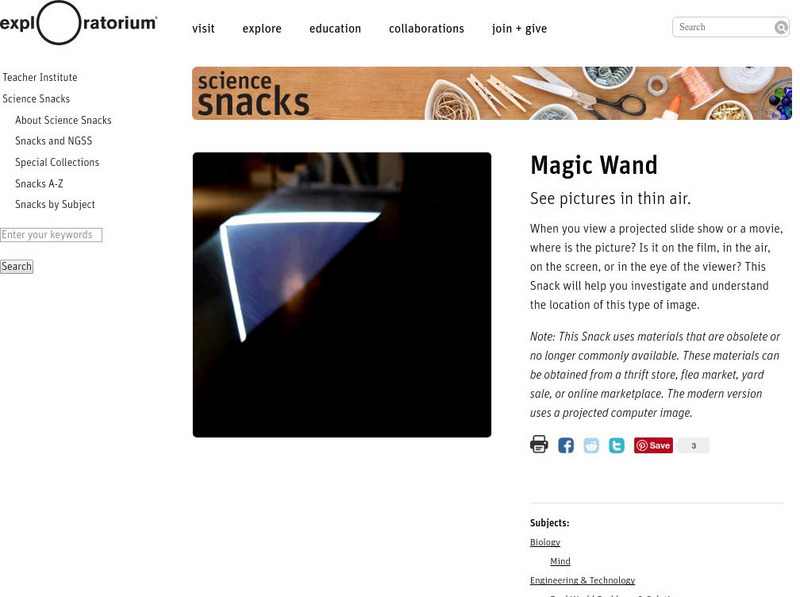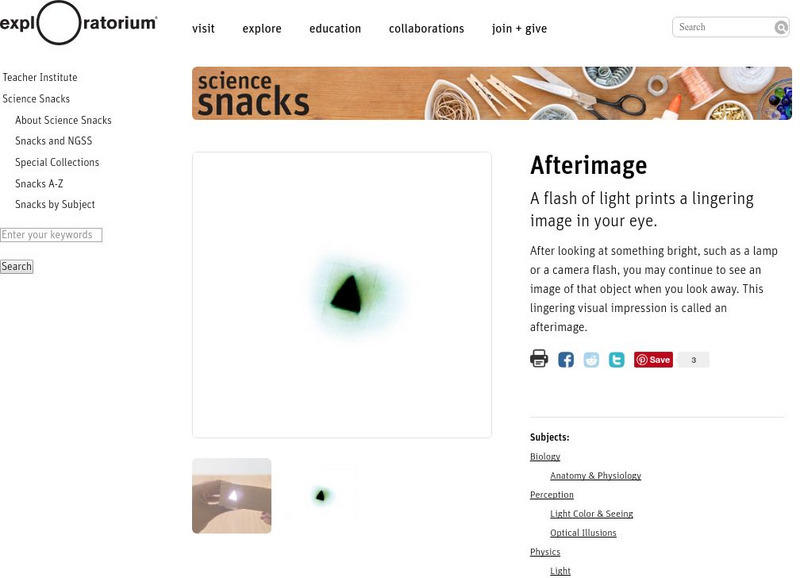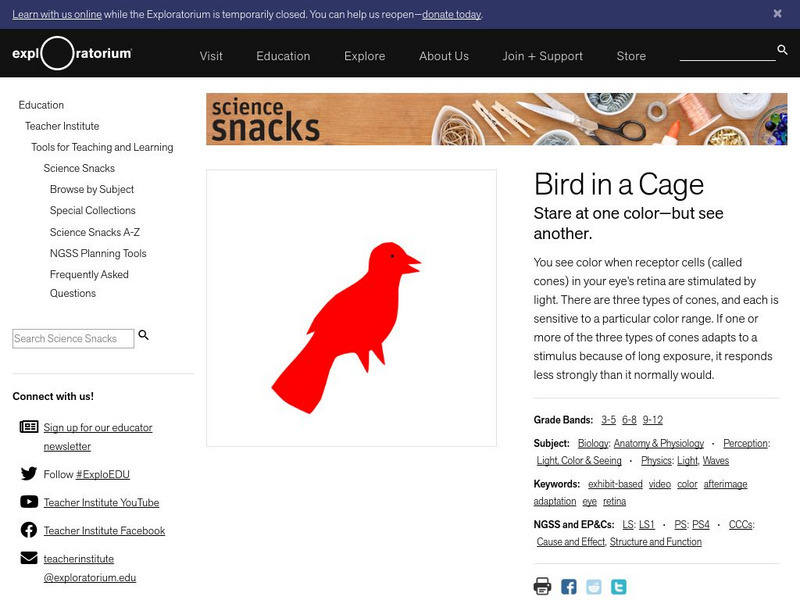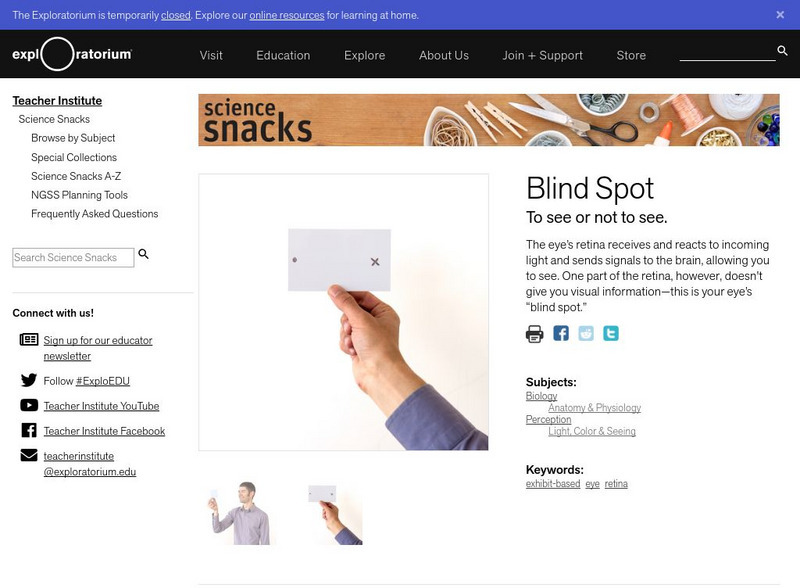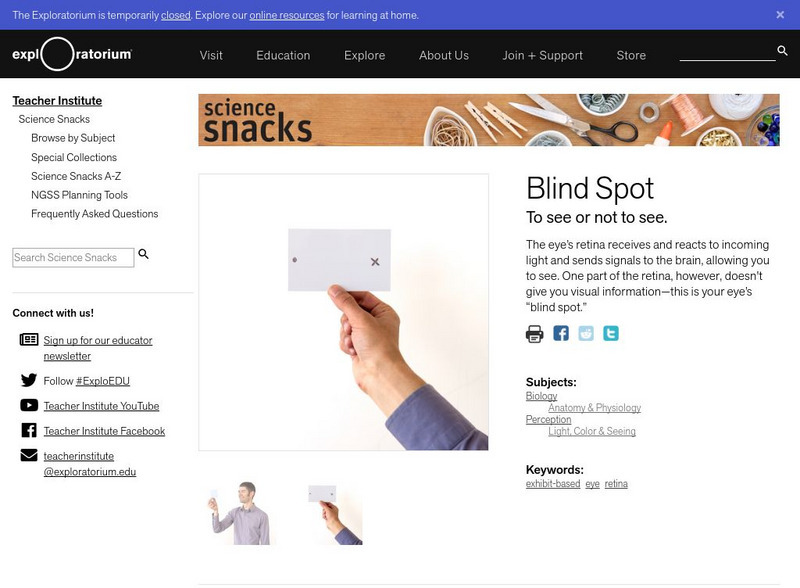Other
The Glaucoma Foundation: Homepage
This site from the Glaucoma Foundation is another great start page to find out about glaucoma and current advances in the field of treatment.
Other
Lira Lab: Laboratory for Integrated Advanced Robotics
Site of the LIRA-Lab in University of Genoa, Italy which specializes in artificial vision and sensory-motor coordination from a computational neuroscience perspective.
Other
What Are Good Leadership Skills: Example Leadership Skills List
Web page teaches ten important qualities of strong leadership.
Other
Nea: The Pillars of Planning, Mission, Values, Vision
Discusses the writing of mission, value, and vision statements. Discusses all the approaches you can use to write them.
Other
Nat. Endowment for the Arts: Strategic Visioning Process
Provides an overview of strategic visioning. Gives an example of the process, and provides a model.
Other
Society for Neuroscience: Brain Facts [Pdf]
This is a publication on the human brain and how it works. Gives details on the neuron, how the senses interact with the brain and much more. PDF (requires Adobe Reader).
Frontiers Media
Frontiers: How Do We See Color
The heroine of the movie is leaning over a ticking bomb. Under the bright white lights of the mayor's office, the timer is racing down to zero and she has only one chance to defuse it. As she opens the cover from the control panel, a...
Frontiers Media
Frontiers: Seeing With Your Ears: A Wondrous Journey Across the Senses
For dozens of years it has been believed that the brain is organized into "sensory areas": that is, that there is a "visual area," an "auditory area," and so forth, and that the visual area can only process visual information. It has...
Discovery Education
Discovery Education: Sight and Light
A two-day lesson plan for young scholars to learn about the anatomy of the eye and the nature of vision. Includes a variety of supplemental resources for teachers.
Exploratorium
Exploratorium: Science Snacks: Lateral Inhibition
An activity that will have you questioning which is in control, your eyes or your brain? This activity has students constructing simple paper tubes to investigate how the eyes work.
Exploratorium
Exploratorium: Science Snacks: Looking a Little Spotty
By using digitally manipulated images, test your brain to see how much information is needed for your brain to produce an image.
Exploratorium
Exploratorium: Science Snacks: Magic Wand
In this activity you will be investigating where the picture of a movie or slideshow actually is. Is it in the air, screen, the eye of the viewer or in the film.
Exploratorium
Exploratorium: Science Snacks: Mirrorly a Window
Understand that what you see is often affected by your expectations of what you think you should see. This activity will explore the sensation you feel when your brain expects to see something.
Exploratorium
Exploratorium: Science Snacks: Overlapping Spot
Do you know how to make a bright spot brighter? In this activity, your eyes will send conflicting information to the brain. See how you perceive what is on the paper.
Exploratorium
Exploratorium: Science Snacks: Afterimage
An activity that explains why you see an afterimage after looking at something bright like a camera flash or lamp. Understand that an afterimage is a lingering visual impression that happens as a result of the chemical changes in the...
Exploratorium
Exploratorium: Science Snacks: Bird in a Cage
Learn about the receptor cells in your eye's by completing this activity! In this activity, observe how by staring at one color you will see another due to adaptation of the cones in your eye.
Exploratorium
Exploratorium: Science Snacks: Blind Spot: To See, or Not to See
The blind spot in human vision is described and illustrated.
Exploratorium
Exploratorium: Science Snacks: Blind Spot
Did you know that there is a part of your eye that does not give you any visual information? In this activity learn about this part of the retina called the "blind spot".
Exploratorium
Exploratorium: Science Snacks: Cheshire Cat
In this activity, you will trick your brain into thinking that your friend has disappeared except for their smile. Understand what happens when your eyes receive different images.
Exploratorium
Exploratorium: Science Snacks: Circles or Ovals?
Did you ever wonder why you have two eyes but only see one image? This activity will explore how your brain combines the images from your eyes in surprising ways. Learn about the dominant eye and how some people do not have one!
Exploratorium
Exploratorium: Science Snacks: Color Contrast
Did you know that different-colored backgrounds cause colored objects to look different? In this investigation, students will experience this phenomenon.
Exploratorium
Exploratorium: Science Snacks: Depth Spinner
Observe adaptation and perception in the activity. This activity will have students watching a continuously rotation spiral to see what happens as you watch it and then look away.
Exploratorium
Exploratorium: Science Snacks: Fading Dot
An activity with an optical illusion that will have your eyes seeing it and then not seeing it! Learn the science behind what makes the dot on the page "disappear".
Exploratorium
Exploratorium: Science Snacks: Far Out Corners
An activity with an optical illusion that will have your eyes seeing a cluster of boxes but is it really boxes? In this activity, explore this illusion and what happens to trick your brain to seeing what it sees.



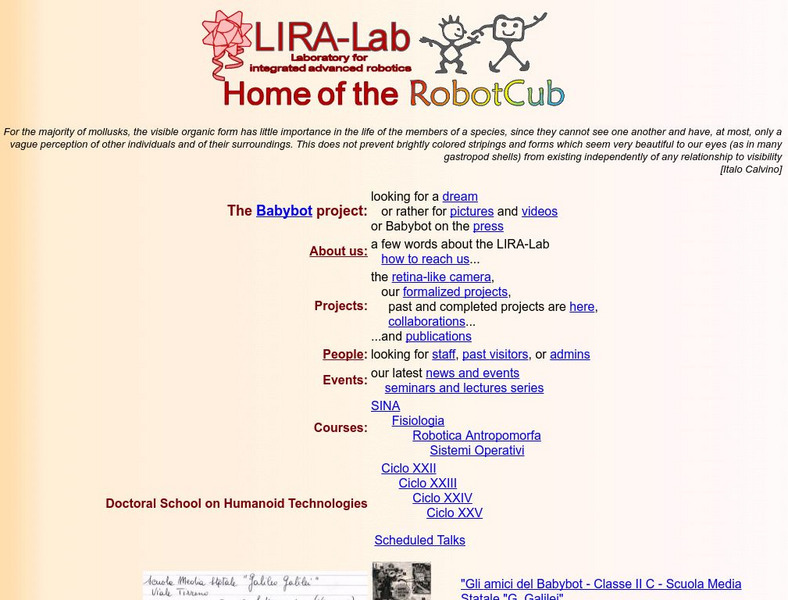

![Society for Neuroscience: Brain Facts [Pdf] Activity Society for Neuroscience: Brain Facts [Pdf] Activity](https://content.lessonplanet.com/knovation/original/113866-cd2169bec6c0105fc678c671521bd642.jpg?1661266885)
